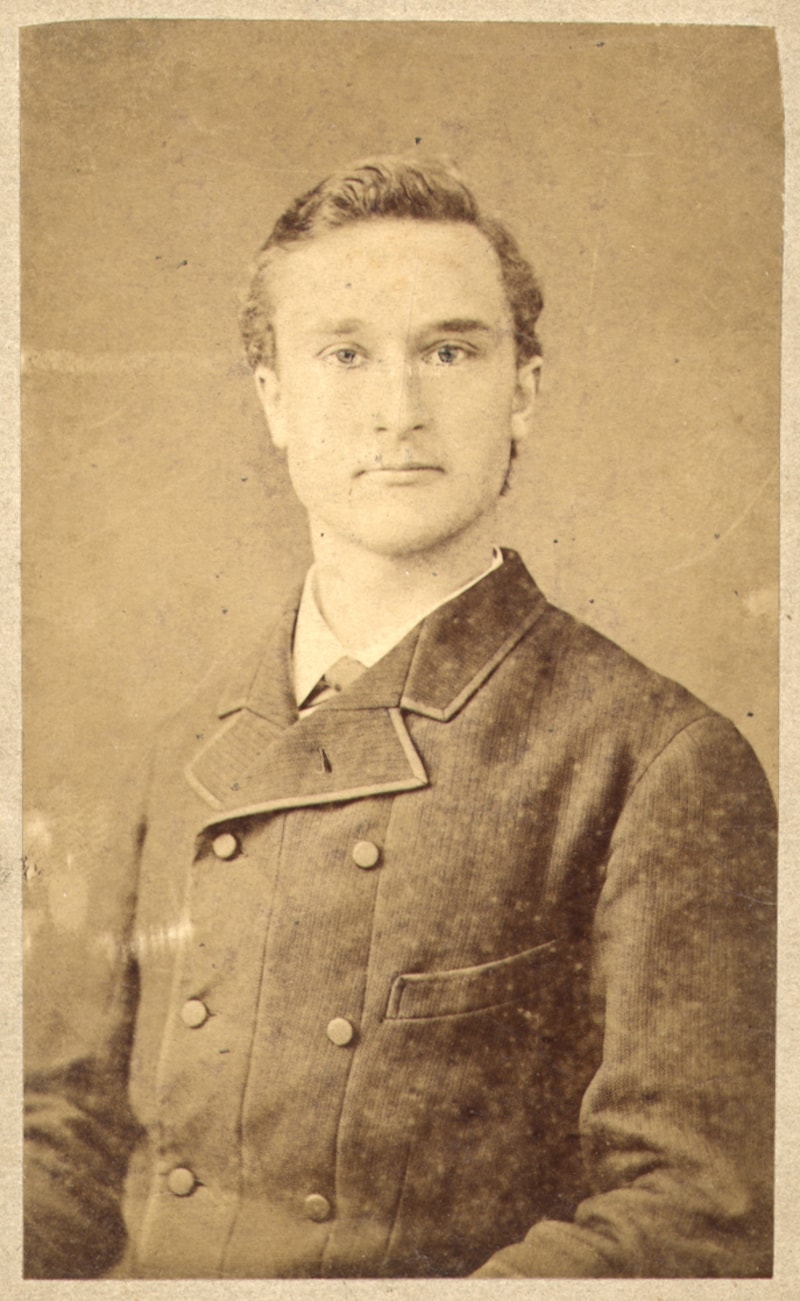The minister based his decision on the recommendation of the independent Colonial Collections Committee.
- ‘The Committee’s recommendation is based on extensive and careful research. We will work with Naturalis and the Indonesian partners with the same care to ensure the transfer is properly arranged. Indonesia and the Netherlands consider it important that scientific research with this collection continues.’
The minister praised Indonesia’s capability to deal with this collection:
- ‘Indonesia stands as a vital hub of science. With ever more advanced techniques, I am convinced you will unlock ever deeper insights into the fossils. This way, you will look ever further back into the history of humanity.’
Marcel Beukeboom, General Director of Naturalis:
- ‘The sound advice has yielded new legal insights, making restitution the right choice. We look forward to continuing our research collaboration with Indonesian scientists unabated.’
During a visit to the Netherlands in June 2025, Indonesian minister Fadli Zon, after meeting with the then Dutch minister for Education, Culture and Science, had told RM* that after lengthy negotiations this breakthrough had been achieved.
:format(webp)/s3/static.nrc.nl/images/gn4/stripped/data137955891-aff1ee.jpg)
Dutch Minister (l) and Indonesian minister Fadli Zon in Naturalis.
Foto Simon Lenskens
Dutch scientist Eugène Dubois (1858-1940) had excavated the fossils in Java at the end of the 19th century. The Dubois collection comprises 28,000 fossils, primarily from Java and Sumatra. Well-known objects, such as the skullcap, molar, and femur bones of the species now called Homo erectus, are part of the restituted collection. They are a “missing link” between humans and apes. Humans, like other animals, are the product of evolution.
The Colonial Collections Committee concludes that the research shows that the Dubois collection never became the property of the Netherlands.
Furthermore, the Committee believes that the circumstances under which the fossils were obtained make it plausible that they were taken against the will of the local population, thus inflicting injustice on the population. Fossils were of spiritual and economic significance to the local population, and coercion was used to identify sites.
Indonesia submitted the claim on 1 July 2022. The country has had a well-equipped museum and research facility for fossil research at Sangiran Early Man Site in Central Java for many years. Naturalis sent its provenance research report in June 2023.
It is not yet known how long the Dubois fossils will be on display in the Dutch museum.
Eugene Dubois
Courtesy Naturalis



